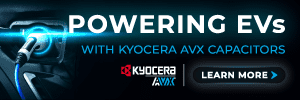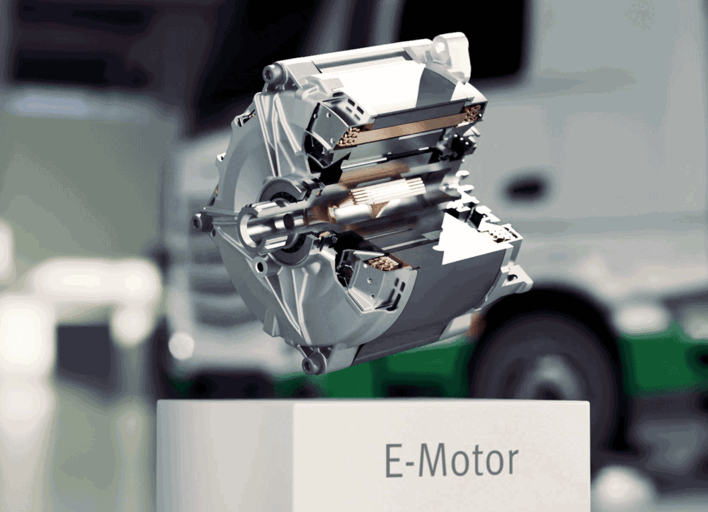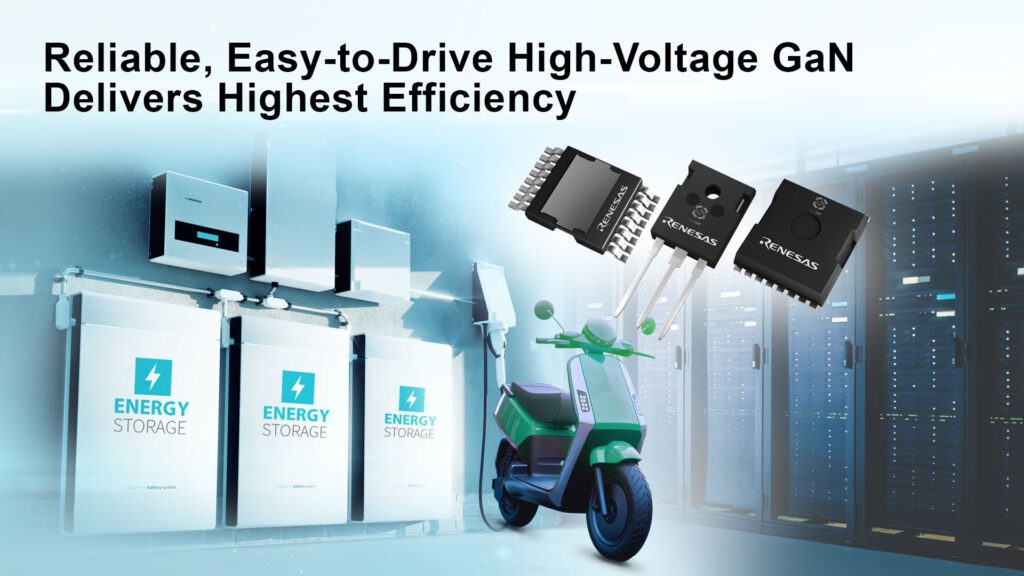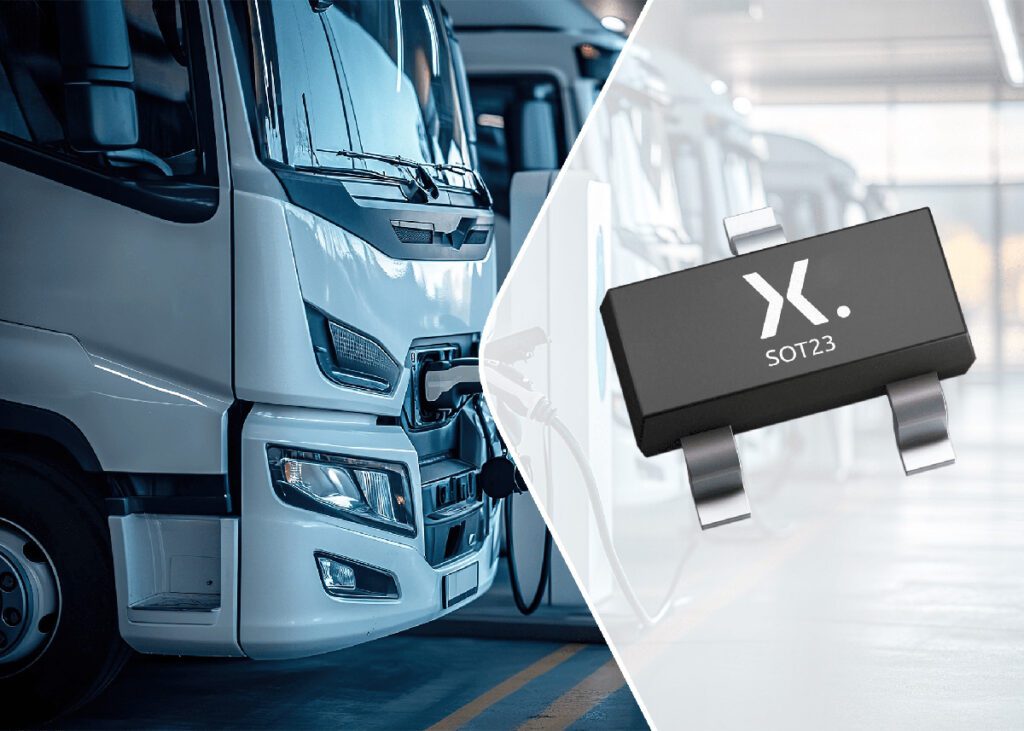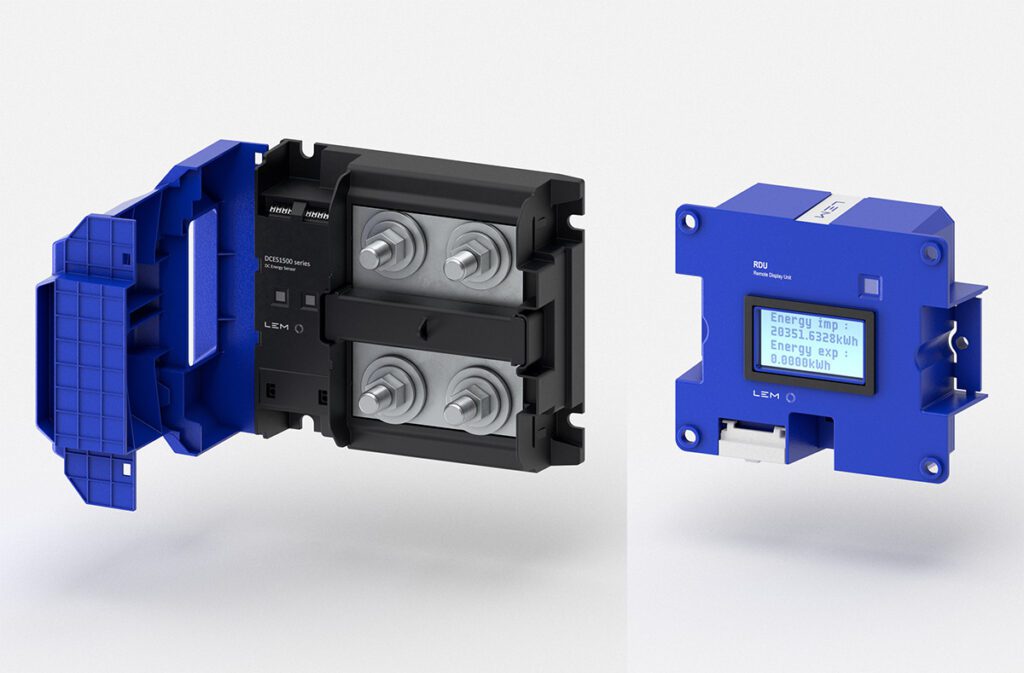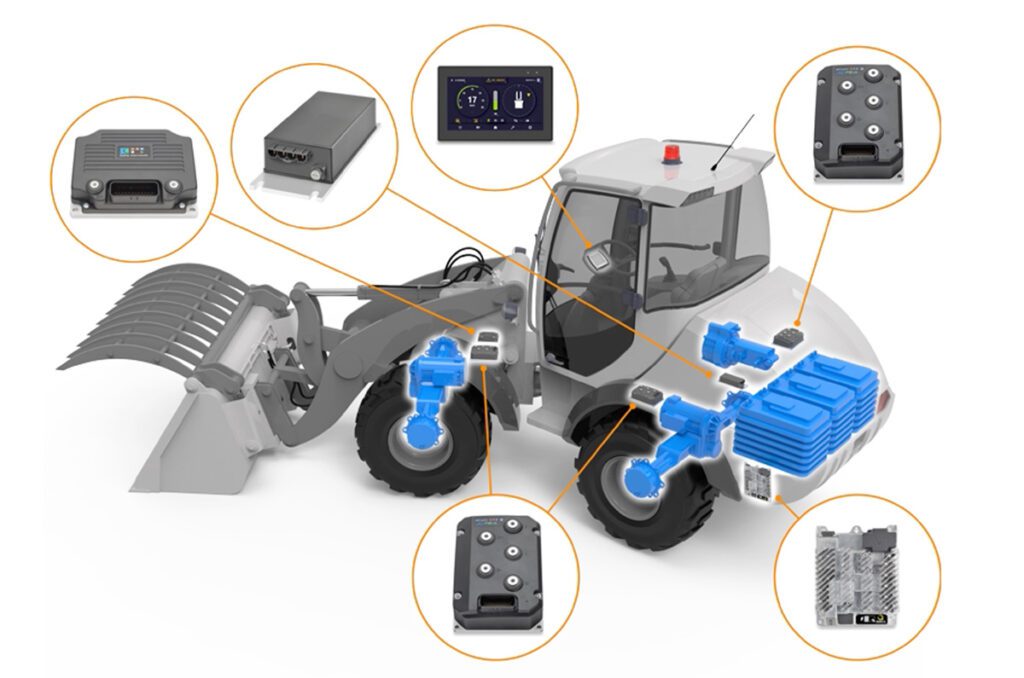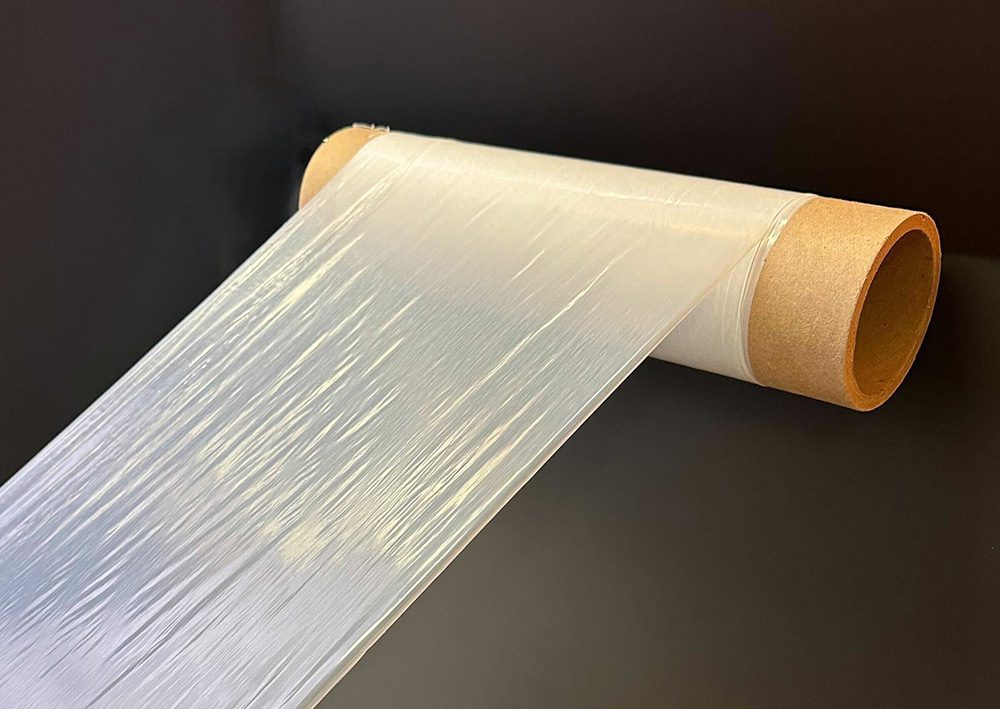Sustainability is one of the fundamental features in electric motors. Whether it is a traditional PSM motor or advanced magnet-free motor with powered rotor coils, Schaeffler focuses on optimal use of both the space and materials to achieve requirements without waste in the design. The company uses specialized tools for eMotor optimization—looking at torque, power, efficiency, strength, and NVH, all while balancing the financial and environmental costs of the motor.
One example of this development is Schaeffler’s SSM or Separately-Excited Synchronous Motor. With the replacement of permanent magnets with rotor windings, it has discovered a substantial reduction of our CO2 footprint during production and our reliance on rare earth materials. Using strategic rotor slots, slot bodies and potting, reducing the carbon footprint is not at the expense of rotor strength. With dedicated rotor cooling channels, the rotor windings are cooled from the slot bodies, closest to the thermal losses, producing higher efficiency.
To further improve efficiency, inductive transmitters are used rather than mechanically lossy brush transmitters. Unlike a brush system, the inductive system is highly efficient, reduces packaging space, and is not limited to a dry environment. While remaining cost effective, Schaeffler PSM, ASM, SSM, and HPM motors provide a solution for a more efficient, economically packaged, and sustainable electric motor.
Join this webinar at the Fall Virtual Conference on EV Engineering, presented by Schaeffler, to learn more.
Other sessions at our Fall Virtual Conference include:
Challenges in EV Testing: Data Acquisition for Battery Testing, Vehicle Dynamics & Acoustics
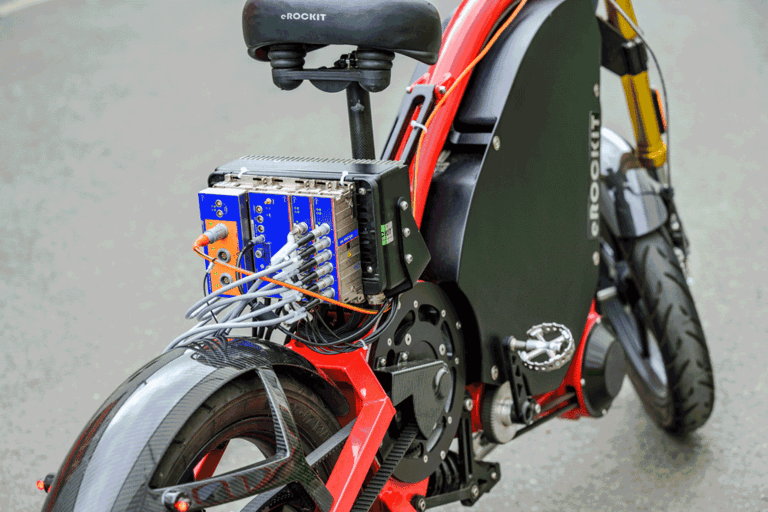
This webinar is divided into three different topics for EV testing tasks. First, we speak about challenges in HV component and battery testing and present solutions including electrical, mechanical and thermal tests.
Then we look at challenges and higher demands on measurement technology to record vehicle dynamics parameters and present sensor solutions.
At last, we discuss acoustic challenges including pass-by noise, interior noise and how the sound power of individual vehicle components and assemblies can be determined.
See the full session list for the Fall Virtual Conference on EV Engineering here.

Broadcast live on October 2 – 5, 2023, the conference content will span the EV engineering supply chain and ecosystem, including motor and power electronics design and manufacturing, cell development, battery systems, testing, powertrains, thermal management, circuit protection, wire and cable, EMI/EMC and more.






